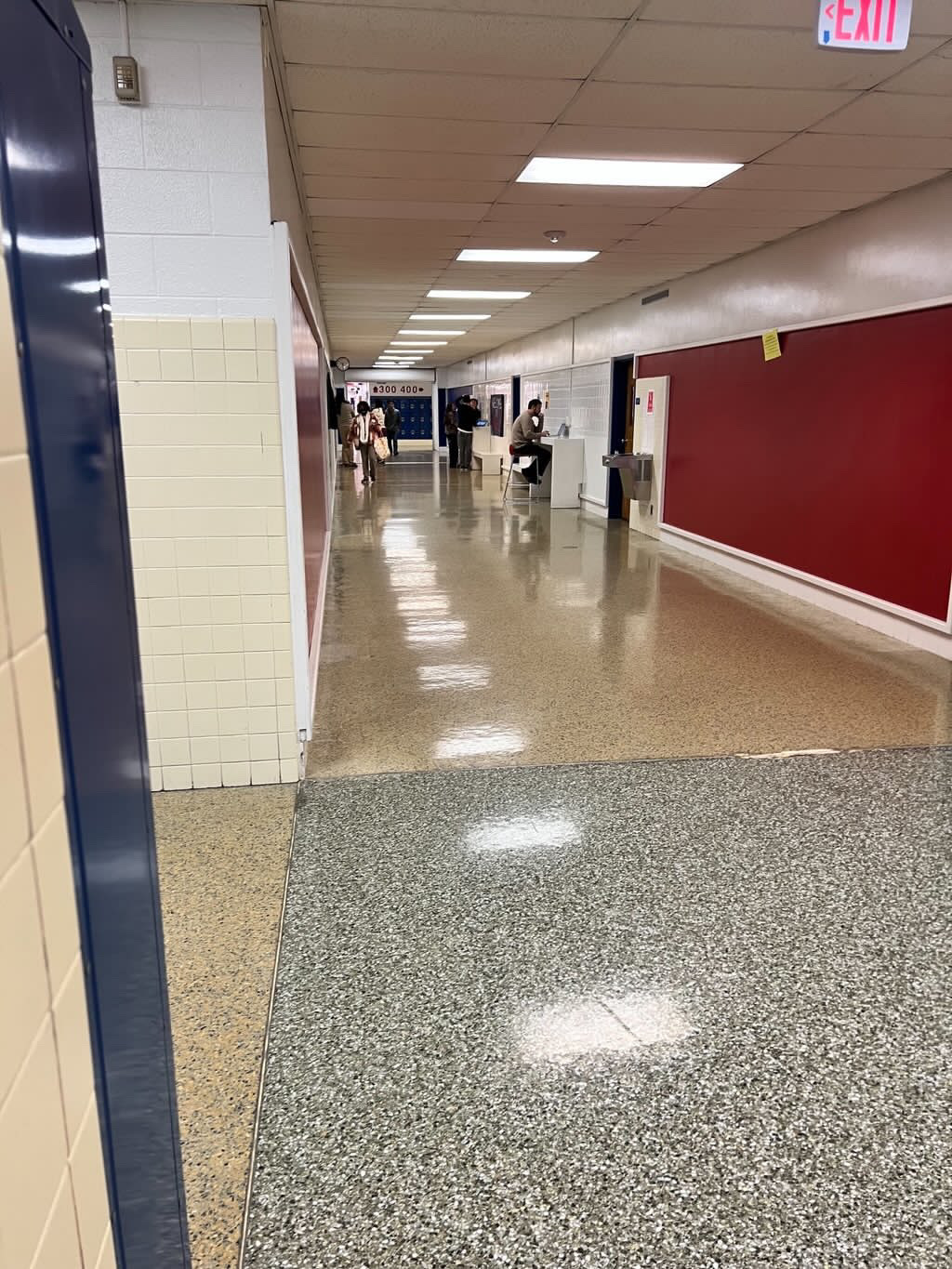The Newest Sickness: Zoomitis
Virtual learning has revealed a pattern of a loss of motivation.
December 16, 2020
Students across the country are familiar with the term “senioritis,” a lack of academic motivation due to seniors being in their last year of high school. However, it seems the ongoing pandemic has brought on something similar: Zoomitis.
Since September, Virginia Beach public school students have taken to virtual learning to avoid the dangers of COVID-19. As of late, many experienced a severe lack of motivation toward anything school-related. After polling the Treaty’s Instagram audience, the results found that 87% of students felt more motivated to complete classwork before the pandemic rather than after. A second poll showed that most students’ work ethic slowly declined as the year went on.
Alyzabeth Bridgham, a junior, revealed how the pandemic affected her schoolwork.
“I used to be a straight-A student, but trying to pay attention over Zoom has been quite a challenge, especially in some of my AP classes,” said Bridgham. “I have always had a problem with procrastinating, as most teens do, but this year I’ve pushed off all assignments until [the] last minute.”
Bridgham believes the lack of a physical classroom made it harder to separate academic life and home life. A virtual setting doesn’t provide the same distraction-free environment.
“[In-person school] was much easier for me because in class, you’re forced to pay attention and turn your work in, where now everything feels like homework,” she said.
Many students no longer complete classwork for the sake of learning, but rather to keep their GPA from slipping.
“At this point it’s just the thought process of, ‘You have to get this done because you care about your grades, so just do it; that way you don’t have to do it later,’” said Bridgham.
While teachers do their best to assign work and enforce deadlines, students struggle finding the motivation to start their work.
“Most teachers are understanding and lenient with deadlines, so I don’t always stress about them,” said Bridgham. “I still try to get all of my work done on time, but some days I just give up because I have so much work to do.”
The issue is that lenient deadlines don’t carry the same weight as they did prior to the pandemic. According to “Why Do We Procrastinate When We Have Long Deadlines?,” a healthy dose of urgency triggers the adrenaline needed to turn in work on time. Without concrete consequences to turning in late work, students have less incentive to finish work before deadlines. Furthermore, the effects of procrastination are magnified during the pandemic. In a related article, it is revealed that procrastination is humans’ way of dealing with anxiety and other negative emotions. Since students are already stressed by the threat of COVID-19, their brains naturally want to avoid more stress including negative feelings tied to schoolwork.
During these difficult times, it’s best for students to stick to a schedule, maintain physical and mental health, and make a plan regarding their daily priorities. While procrastination feels inevitable, many are capable of getting a handle on their work ethic and working to improve the things within their control.









